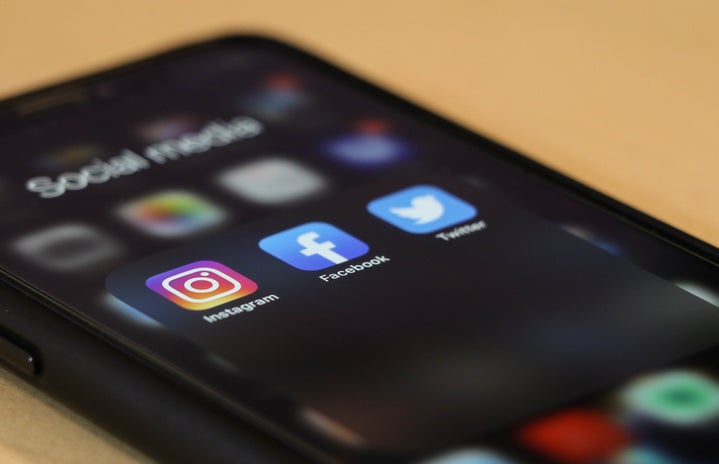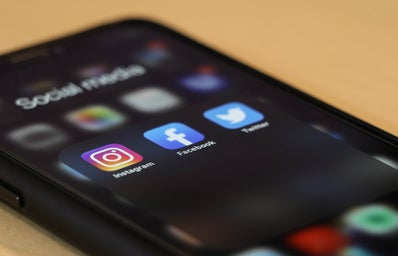Last spring, I went on a radical journey – I separated myself from my phone, or as I have affectionately come to call it, my demon device. Now, I didn’t throw my phone into the ocean or set it on fire, but I did make active changes to limit my screen time. Those who didn’t grow up with a cell phone may be rolling their eyes reading this, but for me, this experience was life-changing.
Prepubescent and barely into double digits, I got my first cell phone. Over the years, my phone became an extension of myself, almost like another limb. I’m not saying having a phone made my life unequivocally worse; having technology has numerous benefits – through my phone, I’m able to connect to people, places and things I would not have been able to otherwise. However, it seemed that the deeper I dived into my phone, the further I got from the deep seas of my own mind.
I didn’t realize the extent that I was disconnected from my internal self – my thoughts, feelings, wants, needs, fears, and hopes – until I had the courage to put my phone away. My catalyst for change was a first-year writing class at Duke. One of the readings for class, Sheryl Turkle’s Reclaiming Conversation: The Power of Talk in a Digital Age describes a modern epidemic: the lack of solitude. Turkle writes about how young people, due to their phones, lack introspection.
This idea immediately struck a chord with me. I thought back to times that I felt creative, thoughtful, and most importantly, at peace. The common denominator was time without my device. As someone who grew up with a phone, those memories were few and far in between, but I did remember. I remembered the catharsis of solitude, the delightful, but fleeting moments when my mind and soul became one.
Inspired, I challenged myself to try to live a life less inhibited by my device. I decided to start leaving my dorm for an activity, like a class or meal with a friend, without my phone. The first few times I tried this, I was overcome with anxiety, repetitively grabbing for my phone, like a phantom limb. Fully immersed in reality, the world felt like too much; I was itching for my rectangular pacifier, something, anything, to make the world a little more manageable. But with time, the cravings died down and I started to see, actually see the world around me. I finally asked myself: who am I without my phone?
Leaving my phone behind, I started to notice the small things, like the sway of trees in the wind. I started to truly experience my inner feelings and reactions, good and bad, rather than numbing them with Instagram scrolling or YouTube watching. I made an active effort to embrace the present moment. This had incredible results; not only did I feel better and more at peace, I felt more satisfied with everything I did, likely, because for the first time, I was fully engaging with life. And slowly but surely, I started the painstaking process of self-reflection, asking myself the hard questions, and more often than not, lacking the answers. To give myself a little credit, I’ve always been a reflective person, but leaving my phone behind allowed me to fully engage with that part of myself.
I will admit, it isn’t always easy, convenient, or realistic to go out without your phone. Due to this, I don’t go phone-less as much as I would like to anymore. That being said, there are still ways to limit your phones impact. If I can’t leave my phone behind, when I go out with friends, I try to either power off my phone or leave it in my bag. Obviously, your experience with your device might be incredibly different than mine. Maybe, you barely use your phone or feel that it doesn’t have an impact on you. Still, I urge you to at least try to intentionally separate yourself from your phone for a least a little bit. After all, do you know who you are without your phone?


